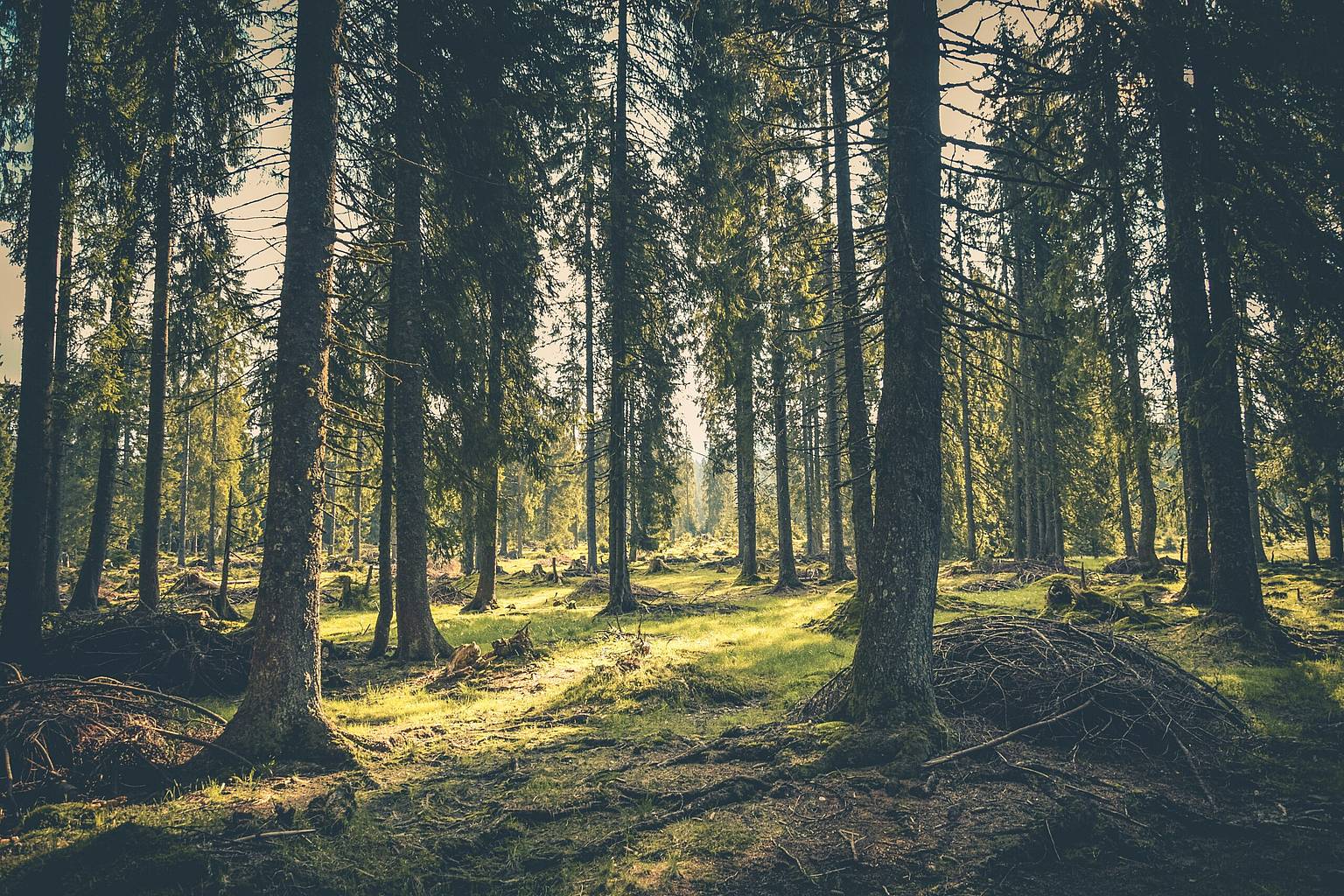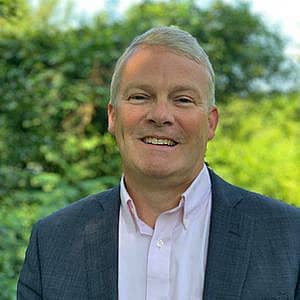We push off from the bank, quietly entering the current and settling in for a short journey. In the stern is a 14-year-old girl, eager and a bit nervous about demonstrating her canoeing skill for the examiner, who faces her from the bow seat. She will need to move the canoe in a straight line both forward and back, avoid obstacles, and land successfully, all while answering questions about proper techniques in loading, repair, and trip leadership. As we set off, I ask where home is for her.
“Manhattan,” she replies. “A long way from here.”
Indeed. We are paddling on the Kennebago River in northwest Maine, hundreds of miles and a million years from July in New York. This girl, a student at an elite day school in the city, has chosen to spend her summer preparing for Junior Maine Guide testing camp, a five-day wilderness experience where she joins 55 other teens to demonstrate her readiness to become a wilderness trip leader.
Candidates are tested on their physical skills such as axemanship, map making, and shelter building, while also taking written tests in first aid, wilderness regulations, tree identification, for a total of 21 evaluation. Many find most daunting having to prepare three meals a day for their group and for a visiting examiner, who arrives promptly at mealtime looking for a balanced, nutritious, and delicious meal.
Living in small groups, teens take responsibility for many more things than they might at home: getting up in the morning (and going to bed at night), managing to get themselves and their gear to the various test areas on time and keeping themselves fed and (relatively) clean. The confidence, self-reliance, and judgement required for a successful experience will serve them well as they navigate the challenges of secondary school and college.
Since 1937, campers from boys’ and girls’ camps in Maine have participated in the Junior Maine Guide program, measuring themselves against a very high standard: Will this individual be able to teach this particular skill at a mastery level? Between one third and one half of candidates each summer are successful, with most taking two years to complete the program.
The unwavering standards of the program seem to some observers to be quaint and old-fashioned, but the responses of the campers tell a different story. Candidates, often very successful in other parts of their lives, typically arrive confident about passing their first year. Those that do are both pleased and unusual (just six in 2019), while second-year candidates talk openly about how glad they are to return, both for the experience of the week but also for the increased confidence they have from proving their skills once again.
I was fortunate to participate in the JMG program as a teen and have served as an examiner since 1991. The examiners are educators, guides, and long-time camp professionals. My wife and I have enjoyed watching our three children navigate the program, from their first steps as toddlers around the campfire to summers leading extended trips in the lakes and mountains of the Northeast.
Of the nearly three thousand successful Junior Maine Guides, many (including me) have found ways to talk about the encampment in their college essays. They approach the experience in many ways – from exuberance at a successful blueberry cobbler to the crushing defeat of seeing your wet day fire go out just as time expires. What is consistent is the sense of pride in accomplishing the little things – and isn’t that what life is about?
I join McMillan Education after three decades in schools, knowing that this group of professionals are all devoted to the same thing: helping students succeed. Students look to us for guidance, perhaps to select appropriate courses, face the daunting prospect of an interview, or understand the little details that make every learner unique. I look forward to working with students and families throughout their educational journeys.
My friend from New York had a great week at JMG. She successfully built fires and flawlessly triangulated her position on a topographic map. Her increased confidence in herself and her persistence tell me she will be a great second year candidate in 2020.


